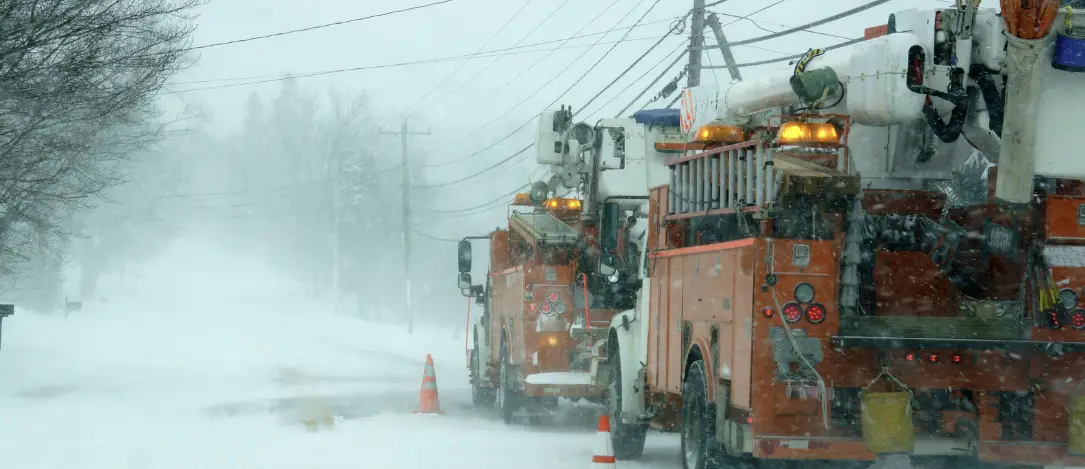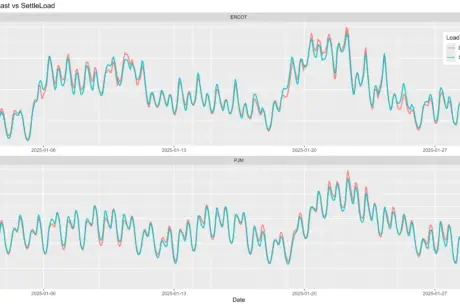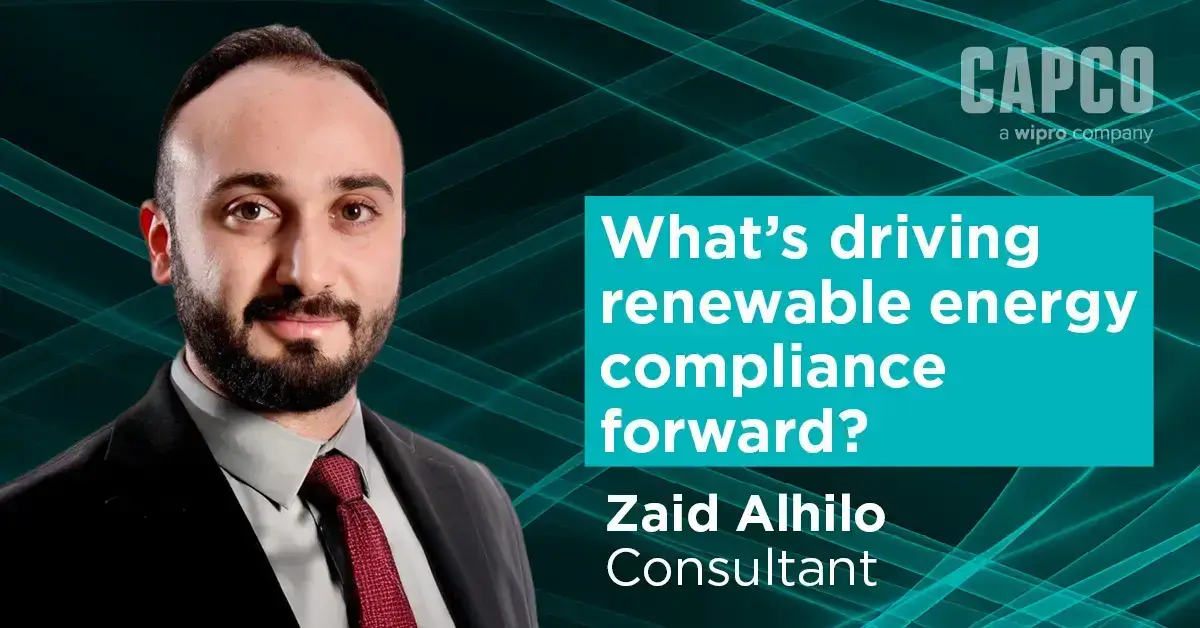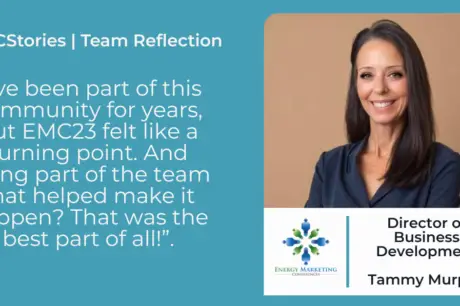As the energy sector braces for what might be the hottest summer on record, retail energy firms must urgently draw lessons from their harrowing experiences during Winter Storm Uri. Specifically, the risk assessment team can utilize historical book valuations of their ERCOT (Electric Reliability Council of Texas) book of business before, during, and after Winter Storm Uri to prepare for worst-case scenario weather conditions and demand for cooling.
Here’s how:
Pre-Winter Storm Uri: Disregarding Historical Data Could Lead to Catastrophic Outcomes
1. Baseline Establishment: Before Winter Storm Uri, the risk assessment team should review book valuations to understand the baseline performance under normal winter conditions.
- Historical Pricing Trends: Analyze how energy prices in ERCOT typically behave in winter, identifying any patterns or anomalies.
- Demand Patterns: Study the historical demand for energy during previous winters, focusing on peak and off-peak periods.

During Winter Storm Uri: Neglecting Real-Time Adjustments Could Spell Disaster
2. Immediate Response: As Winter Storm Uri hits, real-time book valuations become critical in managing the crisis effectively.
- Price Spikes: Monitor the unprecedented spike in energy prices due to increased demand and supply constraints.
- Supply Chain Disruptions: Track the impact of disrupted supply chains on procurement costs and availability to decrease the chance of high procurement costs and energy shortages.

Post-Winter Storm Uri: Ignoring Lessons Learned Could Sabotage Future Preparedness
3. Post-Event Analysis: After Winter Storm Uri, a thorough analysis of book valuations provides insights into the event’s financial and operational impact.
- Cost Analysis: Assess the total cost incurred during the storm, including energy procurement, operational disruptions, and any penalties or fines. Without a thorough cost analysis, firms risk repeating past mistakes and facing financial devastation.
- Performance Review: Evaluate the effectiveness of the hedging and operational strategies implemented during the storm.

Preparing for the Hottest Summer on Record: Failure Is Not an Option
4. Applying Insights to Future Scenarios: Using insights from Winter Storm Uri, the risk assessment team can better prepare for the forecasted hottest summer on record.
- Predictive Modeling: Develop models predicting energy demand and price volatility during extreme heat, using data from previous hot summers and Winter Storm Uri.
- Resource Allocation: Plan for resource allocation, ensuring sufficient capacity and backup during peak demand periods.

Conclusion: Ignore at Your Peril
The experience of Winter Storm Uri provides a valuable case study and dire warning for retail energy firms, highlighting the importance of accurate and dynamic book valuations. By leveraging historical data and insights from such events, risk assessment teams can develop robust strategies to prepare for future extreme weather conditions. In collaboration with their trading team partners – the extreme scenarios can be turned into fiscally fortuitous events and time periods for well-prepared firms. As we face the hottest summer on record, these lessons are more relevant than ever, ensuring firms can navigate the challenges ahead with confidence and resilience.
Stay vigilant, stay proactive, and let’s ensure we are prepared for whatever nightmares the summer may bring.
By: Mike Parish, Vice President, Customer Experience, CG Infinity












